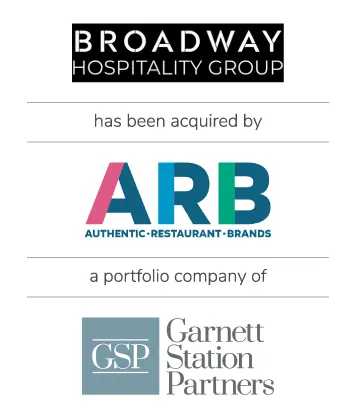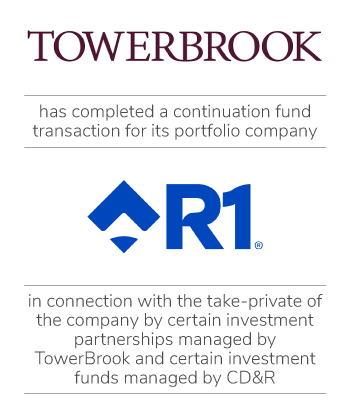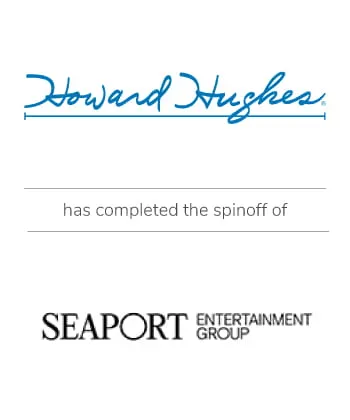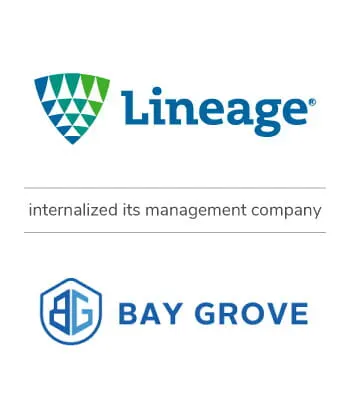
Commercially Reasonable Debt Opinions
Explore Fairness and Solvency Opinions
Companies issue debt securities to related parties for numerous reasons. It is critical that such debt is respected as debt by tax authorities. One key factor in assessing if an intercompany debt should be characterized as debt for tax purposes is whether or not the terms of the debt are “commercially reasonable”, defined as being substantially similar to the terms to which an unrelated third party bargaining at arm’s length would reasonably be expected to agree.
Kroll’s advice can cover the amount of the proposed leverage in the capital structure, the interest rate on the debt, and the other economic terms of the debt security. In addition, Kroll is often requested to provide a financial opinion regarding the commercial reasonableness of the economic terms of the debt and the leverage in the company’s capital structure.
The following are typical transactions for which Kroll has been engaged to provide advice and opinions with respect to intercompany debt:
- Multi-national companies utilizing intercompany debt in cross-border acquisitions or in recapitalization or restructuring transactions
- Current equity holders of a company providing additional capital in the form of debt
Company management, boards of directors, trustees of income funds as well as tax attorneys and tax advisors have relied on Kroll’s advice and opinions to support their view that an intercompany debt security should be characterized as debt for tax purposes.
Connect with us




Fairness Opinions
Our Opinions Practice is a global leader in Fairness Opinions and Special Committee Advisory, ranking #1 for total number of fairness opinions globally, in EMEA and the U.S. for 2024 according to LSEG (FKA Refinitiv).
Solvency Opinions
Kroll’s Opinions practice is a globally recognized leader in solvency opinions. Over the last 20 years, we have rendered more than 1,400 solvency opinions with $10+ trillion in deal value.
Global Oil and Gas M&A Outlook–Q1 2025
by David Scott, Diogo Pais

Global Software Sector Update–Spring 2025
by Nicholas Collins, Scott Munro, Vineet Asthana, Matt De La O, Rory O'Sullivan, Corey Maurer, Hamish Shah, Philipp Bose

Middle-Market M&A Could Defy Gloomy Predictions Despite Recent Volatility
by Josh Benn

Food and Beverage M&A Industry Insights–Spring 2025
by Josh Benn, Mark Kramer, Stephanie Lau, Howard Johnson, Jacob Newman, Farzad Mukhi, CFA, Vijay Sampath, Jennifer Terrell







